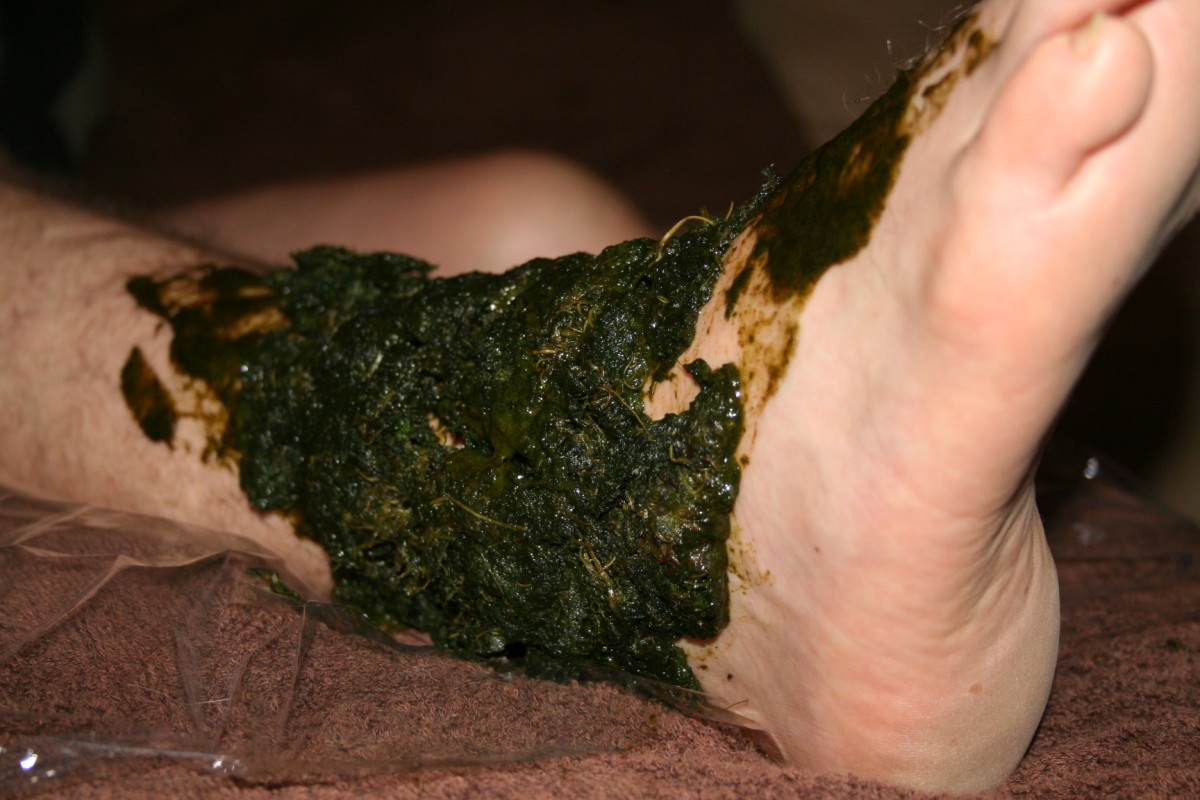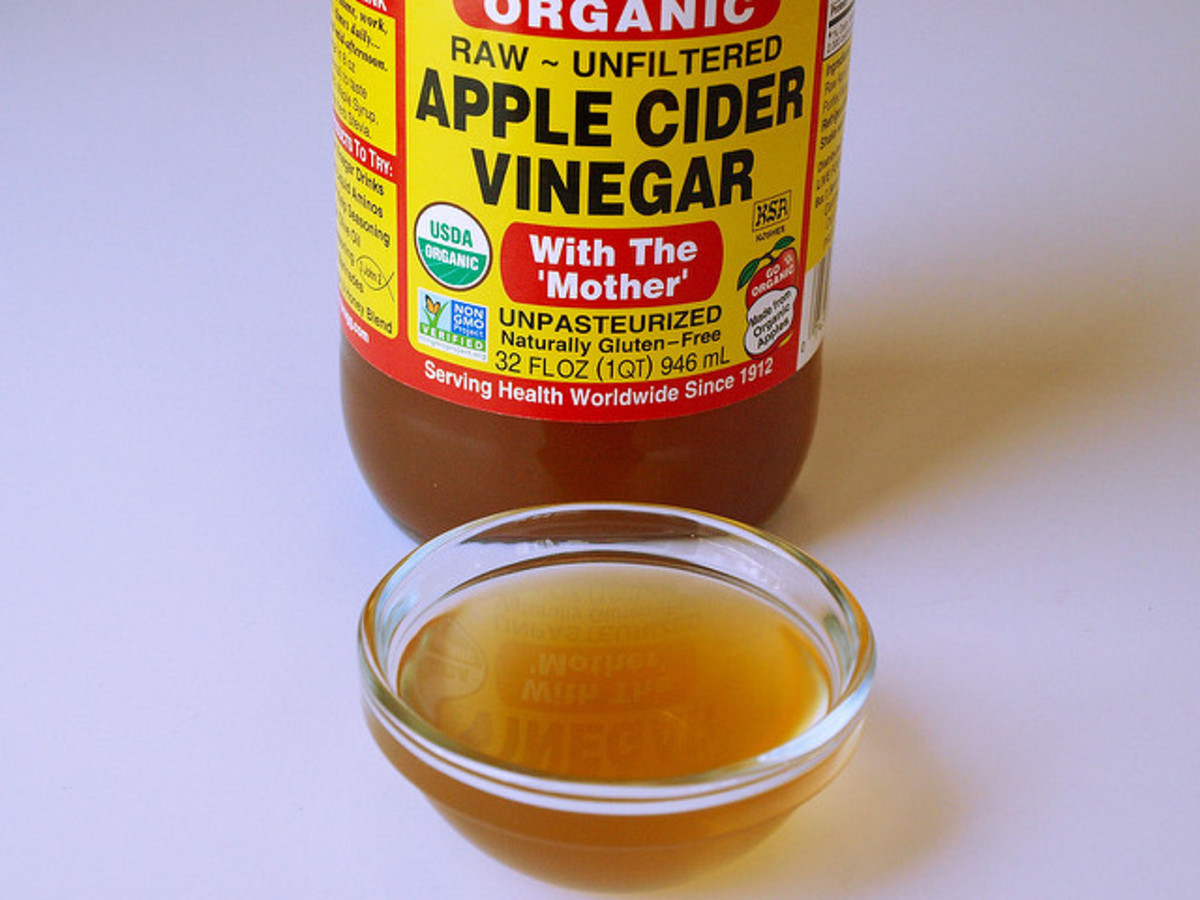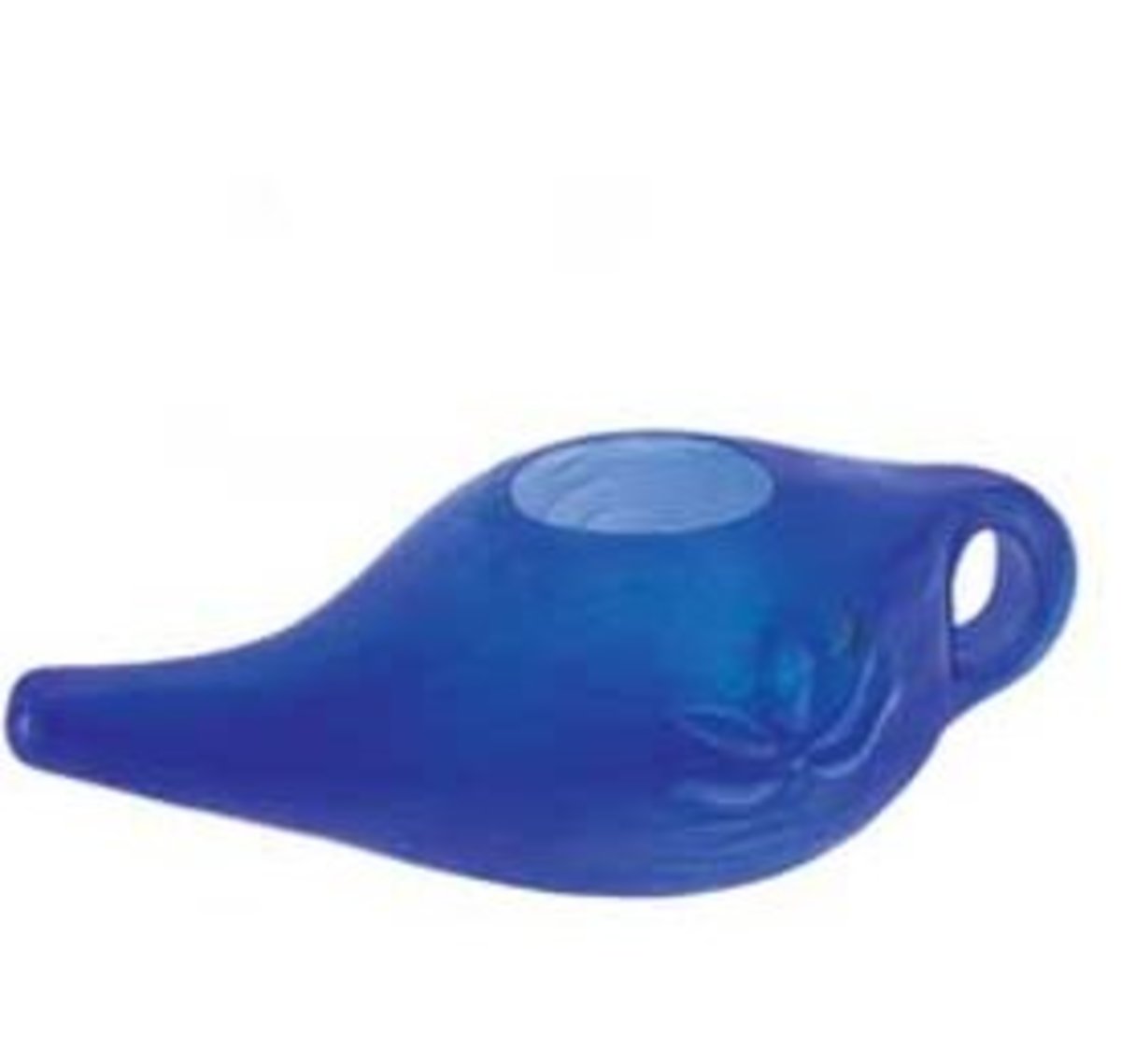Does Ginseng Really Boost Energy?
What Is Ginseng?
Ginseng is a plant that is found in Asia, particularly China, and has played an important role in Traditional Chinese Medicine for centuries. It has a variety of uses, including being used as an aphrodisiac and as a cure for sexual dysfunction in men, as well as being a supplement often found in energy drinks. There is some research on the perceived benefits of ginseng, and these findings are discussed in this hub.
What Does the Research Say?
Ginseng is believed to have a positive effect on the energy levels of people who consume it, as it contains an antioxidant, maltol, which has a structure similar to Vitamin E (Starbuck, 1999). This could be a reason why the herb has a "protective effect on brain and nervous tissue." (Starbuck).
According to Bowden, (2008), the Mayo Clinic has conducted a recent study that found that consuming the herb every day can allow a person to have more energy throughout the day. It can actually "improve performance and reduce subjective feelings of mental fatigue" (pg. 23). This study recommended that people take 1000-2000mg of the herb every day. This is just one study that suggests there is evidence for the belief ginseng helps with fatigue and energy levels.
However, there are some doubts as to whether current ginseng research is accurate and reliable. Bahrke et. al, (2009) report that although there are flaws in the current research, there is some evidence to suggest that ginseng "might improve cardiovascular and pulmonary function" (pg. 301) and as a result, may have the ability to improve physical performance. They also report, however, that studies based on North American ginseng does not provide any evidence that the herb can help people to feel more energised. Instead, it appears that Asian ginseng is the species most likely to be of benefit to people suffering from fatigue and low energy levels.
A specific group of people who could benefit from taking ginseng are cancer patients. A small study, reported by Better Nutrition, found that people undergoing treatment for cancer noticed they felt an increase in energy and wellbeing after taking ginseng. Participants who took a placebo instead of the ginseng did not notice the same results. No side effects were reported by the participants of this study.
My Recommendation
If you are considering taking ginseng supplements, I would recommend you talk to your doctor first of all to get all of the information you need. It is good to do your own research online about this herb, but your doctor is the expert!
Reference List
Bahrke, M.S., Morgan, W.P., & Stegner, A., (2009). Is ginseng an erogogenic aid? International Journal of Sport Nutrition & Exercise Metabolism. 19(3) 298-322. Retrieved March 4th, 2010, from Academic Search Premier.
Better Nutrition (2007). Ginseng: Energy tonic for cancer patients? 69(10) 13. Retrieved March 4th, 2010, from Academic Search Premier.
Bowden, J., (2008). Eating and energy: A holiday survival kit. Better Nutrition 70(12) 22-46. Retrieved March 4th, 2010, from Academic Search Premier.
Starbuck, J.J., (1999). Ginseng and the roots of energy. Better Nutrition 61(8) (Online version). Retrieved March 4th, 2010, from Academic Search Premier.








